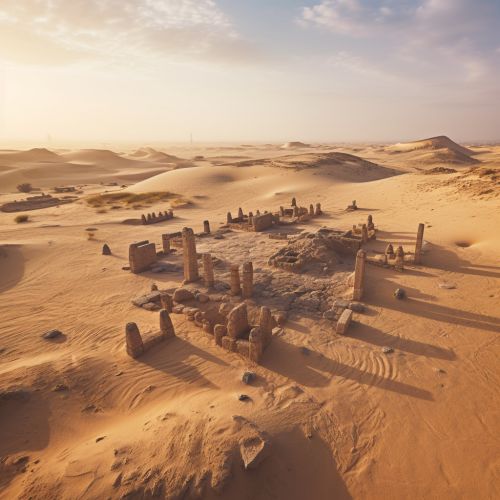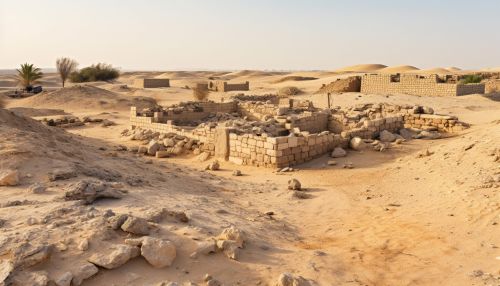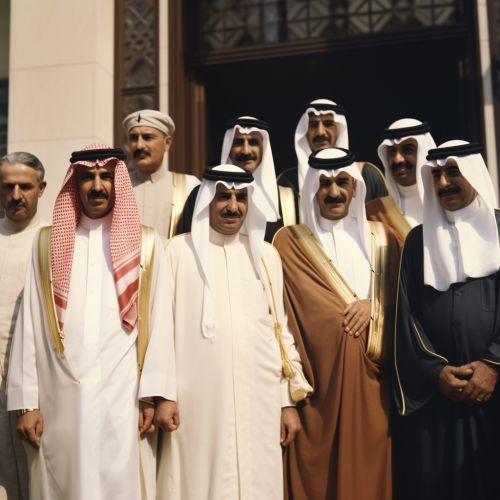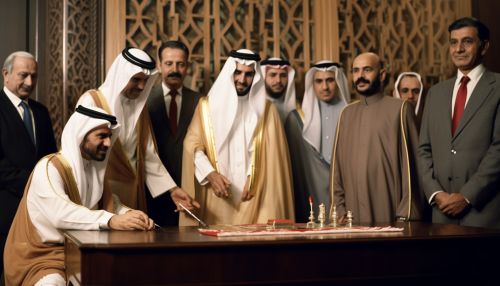History of the United Arab Emirates
Early History
The prehistoric period of the United Arab Emirates (UAE) dates back to the Neolithic Age, around 5500 BC, when small societies began to form along the coast. Archaeological findings at sites such as Al-Buhais and Umm an-Nar suggest that these early societies engaged in activities like farming, fishing, and herding.


Bronze Age
The Bronze Age in the UAE, which began around 3200 BC, saw the emergence of the Umm an-Nar culture, named after the island where evidence of this culture was first discovered. This period was characterized by advancements in metalwork, pottery, and construction. The society was also known for its elaborate tombs, which provide evidence of their beliefs about the afterlife.
Iron Age
The Iron Age in the UAE, which spanned from 1300 BC to 300 BC, saw significant developments in technology, art, and agriculture. This period is marked by the emergence of the Iron Age culture, which was known for its distinctive pottery, metalwork, and the construction of "falaj", an intricate system of water channels used for irrigation.
Pre-Islamic Period
The pre-Islamic period, also known as the Age of Ignorance, in the UAE was characterized by tribal societies and the influence of various empires, including the Persians and the Romans. This period also saw the rise of Christianity and Judaism in the region.
Islamic Period
The Islamic period began in the 7th century with the introduction of Islam by the Prophet Muhammad. The UAE became part of the Islamic Caliphate, and Islam has since played a significant role in shaping the country's culture, politics, and society.
European Influence
The 16th century marked the beginning of European influence in the region, with the arrival of the Portuguese, followed by the Dutch and the British. The European powers were primarily interested in the UAE's strategic location along the trade routes between Europe and the East.
British Protectorate
In the 19th century, the UAE became a British protectorate, known as the Trucial States. This period was marked by a series of treaties with the British, who sought to protect their trade routes and prevent piracy in the Arabian Gulf.
Independence and Formation of the UAE
The UAE gained independence from Britain on December 2, 1971. The seven emirates - Abu Dhabi, Dubai, Sharjah, Ajman, Umm Al Quwain, Fujairah, and Ras Al Khaimah - united to form the United Arab Emirates. Sheikh Zayed bin Sultan Al Nahyan, the ruler of Abu Dhabi, became the country's first president.


Modern UAE
Since its formation, the UAE has undergone rapid development and modernization. It has become a global hub for trade, tourism, and finance, and is known for its skyscrapers, luxury resorts, and cultural institutions.
